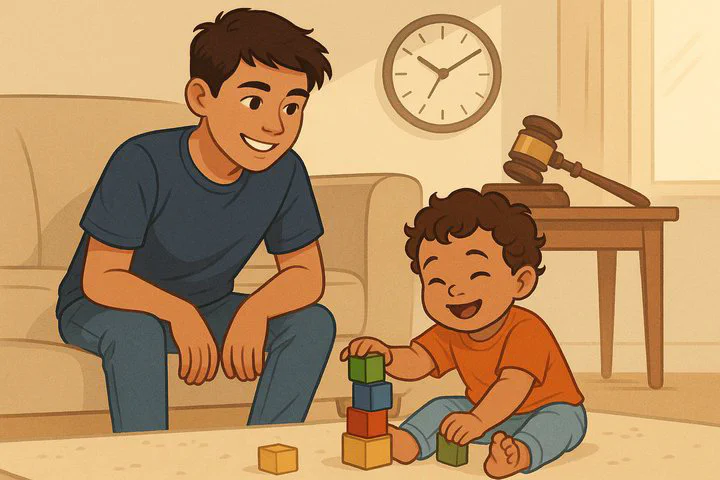Teen Caregivers and Legal Implications

Teen Caregivers and Legal Implications: A Guide for Families
Navigating family life can be tough, especially when older kids are asked to help care for younger brothers or sisters. You may wonder: Is this safe? Is it legal? This guide breaks down the responsibilities and teen caregivers and legal implications you need to know so everyone in your home stays protected and supported.
Understanding the Responsibilities of Teen Caregivers
When an older child steps in to care for younger siblings, we call them teen caregivers. This often happens when:
- Parents work long or late hours
- Child-care costs are high
- An emergency pops up and no adult is nearby
Teens may make meals, help with homework, or keep the house safe until an adult returns. While you might feel proud of their help, remember that teens still need:
- Time for school and homework
- A chance to see friends
- Rest and hobbies that build confidence
Some families consider having a child stay home from school to watch younger siblings in a pinch. Missing class can hurt grades and self-esteem. It can also add stress if your teen worries about making a mistake.
Now, let’s explore how these daily duties connect with the law.
Legal Perspectives on Leaving Children Home Alone
Rules about kids staying home alone change from state to state. Understanding teen caregivers and legal implications can save you from fines or child-welfare calls.
Many states warn that it is “illegal to leave children home alone when they’re under the age of 14.” Still, the exact age can range from 8 in Illinois to no set number in Texas. Always check your local law or call Child Protective Services to get the right rule for your area.
Breaking these rules can lead to:
- Fines or court dates
- Visits from child-protective services
- Truancy charges if a teen misses school to babysit
Before leaving your teen in charge, ask:
- Is my teen mature and willing?
- Is the younger child calm and healthy?
- Is the home safe with working locks and phones?
- Can I return quickly if there’s an emergency?
Even one day of having a child stay home from school to watch younger siblings can raise teacher or neighbor concerns. When in doubt, find backup care or talk to your boss about flexible hours.
Is it Abuse to Have a Child Care for Siblings?
Asking a teen to pitch in is common and usually fine. Trouble starts when the work hurts the teen’s health, safety, or schooling.
So, is having a child stay home to care for siblings considered abuse? It can be if:
- The teen misses school often
- Care shifts last many hours without breaks
- The teen handles medical tasks without training
- The teen feels unsafe and has no adult to call
Child-protection laws call this “neglectful supervision.” Repeated reports of missed classes or unsafe care can trigger an investigation.
To keep caregiving safe:
- Set clear, short shifts
- Post emergency numbers and house rules
- Check in by phone or text
- Give your teen the right to say, “I need help”
Remember, teen caregivers and legal implications go hand in hand. Putting your teen’s well-being first lowers legal risks and builds a healthier home.
Seeking Legal Advice and Support
Feeling unsure is normal. Teen caregivers and legal implications can be confusing, but you do not have to figure it out alone.
Where to turn for help:
- Family law attorney – Get legal advice on children caring for siblings that fits your state’s rules.
- Legal aid clinics – Offer free or low-cost guidance if money is tight.
- Child Protective Services – Ask how they apply the rule “illegal to leave children home alone when they’re under the age of 14.”
- School counselors and community groups – Suggest after-school programs or sliding-scale child care.
- Online forums – Places like r/BlendedFamilies or r/SingleMoms let you swap tips with parents facing similar issues.
Take action today to protect your family’s peace of mind.
Key Takeaways
- Teens can be great helpers, but their safety, schooling, and emotional health come first.
- Laws on home-alone ages vary by state, so check local rules.
- Repeated or unsafe caregiving can be seen as neglect and lead to legal trouble.
- Write a safety plan, use backup care, and stay in touch while you are away.
- Reach out for legal or community support before a small worry becomes a big problem.
By understanding both the daily duties and teen caregivers and legal implications, you can make choices that keep every child in your home safe, supported, and on track for success.